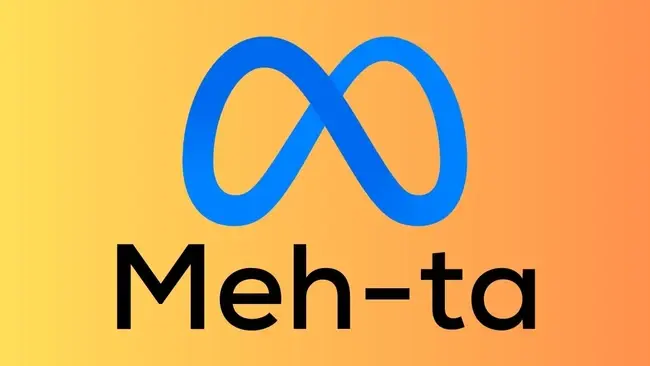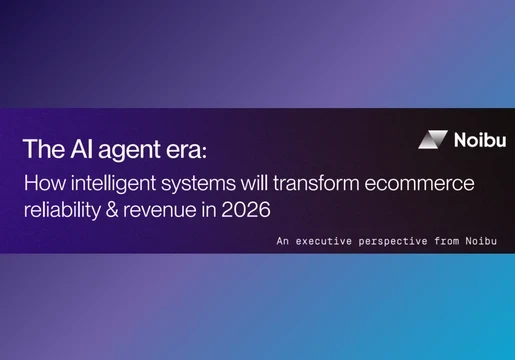The Metaverse, the virtual world heralded as the future of urban living less than a year ago, has been largely abandoned by the tech world, leading some to call it the 'Meh-taverse'.
Several companies have turned away from the virtual-reality technology to move resources into other departments like artificial intelligence, which has taken the tech industry by storm since the explosion of OpenAI’s ChatGPT last November.
Disney, for instance, this week completely shut down the division responsible for developing metaverse strategies, while Microsoft has also shut down a social virtual-reality platform it acquired in 2017.
Even Mark Zuckerberg, who renamed Facebook to Meta to demonstrate his determination to make the metaverse the next big thing, focused more on Meta’s AI developments on an earnings call last month.
The price for virtual real estate in some online worlds – where users virtually meet up as avatars, has also plummeted. The sale price for land in Decentraland has declined almost 90% from a year ago, according to WeMeta, a site that tracks land sales in the metaverse.
Meta’s name change in October 2021 spurred excitement about metaverse experiences, products and platforms, with many expecting the technology to quickly transform the way the world works, interacts and collaborates.
But slow user adoption, driven in part by expensive hardware requirements and software glitches, as well as worsening economic conditions have put a damper on expectations the metaverse will drive significant revenue anytime soon.

A harsher reality
The downfall of the metaverse comes as tech companies continue to slash jobs and abandon projects deemed nonessential as economic turmoil heightens.
Zuckerberg, who previously championed the metaverse as the future of the internet and business collaboration a mere 18 months ago, called 2023 “the year of efficiency."
His company subsequently laid off 11,000 employees and said this month that it would be forced to slash a further 10,000 in a number of projects, including some that are based in its metaverse division.
Disney this week was forced to axe 7,000 staff its first found of layoffs. The firm unveiled its metaverse goals to its staff last February, four months after Facebook's rebranding as Meta.
To read more about the metaverse, visit our dedicated Unified Communications Page.
The announcement came from then-CEO Bob Chapek, who assigned Mike White to head the next-gen storytelling unit. In a memo last year, Chapek shared his excitement for the metaverse:
“For nearly 100 years, our company has defined and re-defined entertainment by leveraging technology to bring stories to life in deeper, more impactful ways,” Chapek said
“Today, we have an opportunity to connect those universes and create an entirely new paradigm for how audiences experience and engage with our stories. This is the so-called metaverse,” he declared.
With Bob Chapek no longer sailing the ship, it is unclear if new Disney’s new CEO Bob Iger will revive any metaverse projects in the near future.
But for now, it appears that the entertainment company and companies across all sectors are putting metaverse projects on the back seat.
The #metaverse is quickly turning into the meh-taverse, with Disney and Microsoft closing projects https://t.co/9T5hmPH4Q3 via @WSJ
— Scott Kirsner (@ScottKirsner) March 29, 2023
My prediction remains: kids under 20 have lots of experience building and playing in metaverses. Wait till they "age in" to the workforce... pic.twitter.com/oM31K1bkZd
“A lot of companies and businesses understandably feel like if they need to reduce headcount or spending overall, this kind of category would seem to be a pretty easy target,” Scott Kessler, a tech-sector analyst at research firm Third Bridge Group, told the Wall Street Journal.
“All these things that are going on, related to AI, seem to be able to be used and leveraged now,” he said. With the metaverse, “no one knows when you’re going to reach critical mass.”
Goodbye metaverse, hello AI
In spite of economic challenges caused brought by inflation and the looming recession, companies across the technology spectrum continue to place resources in AI.
Microsoft, which recently pulled the plug on its own digital real platform, has so far invested over $11 billion into OpenAI, the creators of ChatGPT, with the goal of integrating the technology into a multitude of Microsoft products and services.
In addition to shutting down AltSpaceVR, the company’s work on augmented-reality headsets was plagued by problems, the Journal reported last year. The company has since restructured the HoloLens team and trimmed its budget on the metaverse.
Meanwhile, Google, which was forced to cut 12,000 staff at the start of the year, has issued a “code-red” to respond to the sudden rise of ChatGPT and the increasing pressure from competitors and other AI developers
Meta isn’t walking away from the metaverse just yet, though. It signalled that it remains a long-term focus for the company after AI.
“The two major technological waves driving our road map are AI today and, over the longer term, the metaverse,” Zuckerberg said last month. On that call, “AI” was mentioned 28 times. The word “metaverse” was only mentioned on seven occasions.







Comments ( 0 )